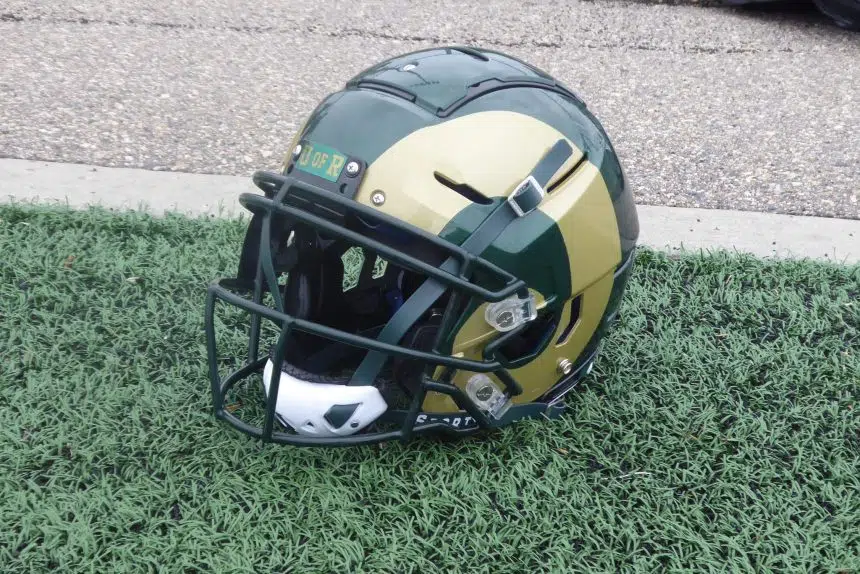Canada West sports are going to undergo changes to their schedules if athletics resume in 2020.
Clint Hamilton, president of the Canada West conference and University of Victoria athletic director, said the board of directors had to come together to find a solution during the difficult times presented by the COVID-19 pandemic.
“It was signalled some time ago as we’re all navigating the COVID pandemic environment and wanting to understand what that might mean relative to university sport in the fall,” Hamilton told the Green Zone on Wednesday.
“It became very clear (due to) the financial impact of COVID to date in terms of members and finances and available resources. We’re a four-province conference with a number of members from provinces faced with very real budget cutbacks as a result of their provincial mandates.”
The University of Regina and University of Saskatchewan are both members of the Canada West conference.
The plan being put in place will affect many Canada West Sports and will try to find the most cost-effective way to provide student-athletes with opportunities to play.
“This all assumes that sport will resume,” Hamilton said. “The health of our student-athletes and coaches and staff is first and foremost and we’re all looking to our provincial health organizations and leads and governments to help us understand what might be possible.”
Football will see a reduced schedule, with each team playing only five regular-season games instead of eight. Hockey will also have a shortened schedule next season.
Sports such as basketball and volleyball will have a more regional-based scheduling system put in place along with a reduced schedule.
“We’ve made conscious decisions. Because of the number of members who play those sports, we’ve gone to a more regional-based schedule with reduced number of games,” Hamilton said.
“We’re trying to preserve sport opportunities and save money in this unprecedented year, limiting the number of flights in sports like basketball and finding the most effective way to deliver that sport in the most cost-effective way as possible.”
Hamilton said since there are fewer hockey and football programs in Canada West, a regional-based scheduling system wouldn’t make sense.
“You’d be, in a lot of cases, playing one or two opponents,” he said.
While the COVID-19 pandemic has created unprecedented times for universities, Hamilton said universities have been facing an economic crunch for a while now.
“It’s not just about coming back and playing sport for our members, it’s about being able to sustain that. The financial pressure being faced by universities and athletic programs in Western Canada are significant,” said Hamilton.
“When you look at decisions being made about students returning to class and campus and whether they’ll be continuing to do that online and what that means relative to revenue streams for universities and as provinces make decisions on all levels, the financial impact is significant.”
He said the members of Canada West still remain hopeful a season will occur in 2020 but due to the unpredictable nature of the current times, there isn’t a timeline on when changes will be finalized.
“There’s no guarantee of that,” Hamilton said. “As society looks to return to some form of normalcy and with sport, we’re all looking to see what that’s going to look like in the future.”
Hamilton also noted if the worst-case scenario happened and no sports took place, players would not lose a year of eligibility.











